Yardi Matrix: Pittsburgh’s Slow Awakening
Multifamily development in the metro is robust, with more than 10,300 units currently in the pipeline.
Pittsburgh’s multifamily market is a mixed bag, but improving on the whole. Although the metro’s population is declining, recent studies of U.S. census data show that the city has joined the national leaders in attracting degree-holding Millennials. Plus, there are positive economic trends, driven by job gains in the leisure and hospitality, education and health care, and professional and business services sectors.
Demand for apartments is sustained by young professionals, who are particularly drawn to the city because of its diverse career development opportunities, affordability and high standard of living. The quality education system is also attracting businesses that can easily recruit skilled talent, especially in the science, technology, engineering and math (STEM) fields. Uber, joining the growing list of tech companies headed to Pittsburgh, recently partnered with Carnegie Mellon University to develop an advanced robotics facility near the campus. Royal Dutch Shell is building a $6 billion petrochemical plant in Beaver County, which should help western Pennsylvania, a region affected by the struggling shale-gas industry.
Developers ramped up apartment deliveries in 2015, marking a peak in the current cycle. Upcoming supply is also significant, as more than 10,300 units are currently in the pipeline. Absorption is expected to keep up, making rents relatively stable by year end.

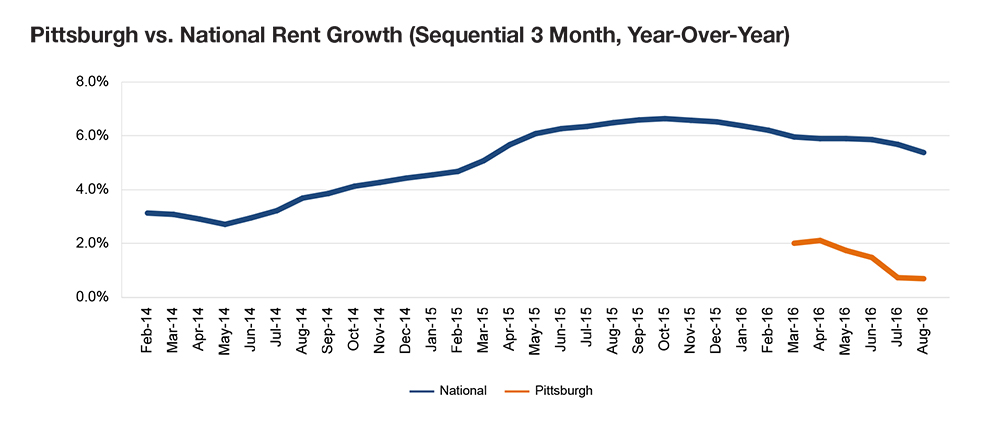
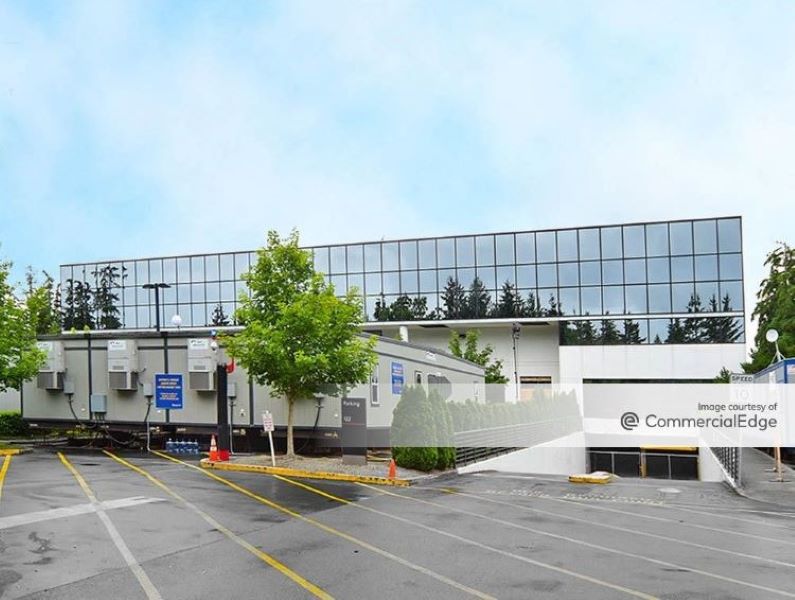
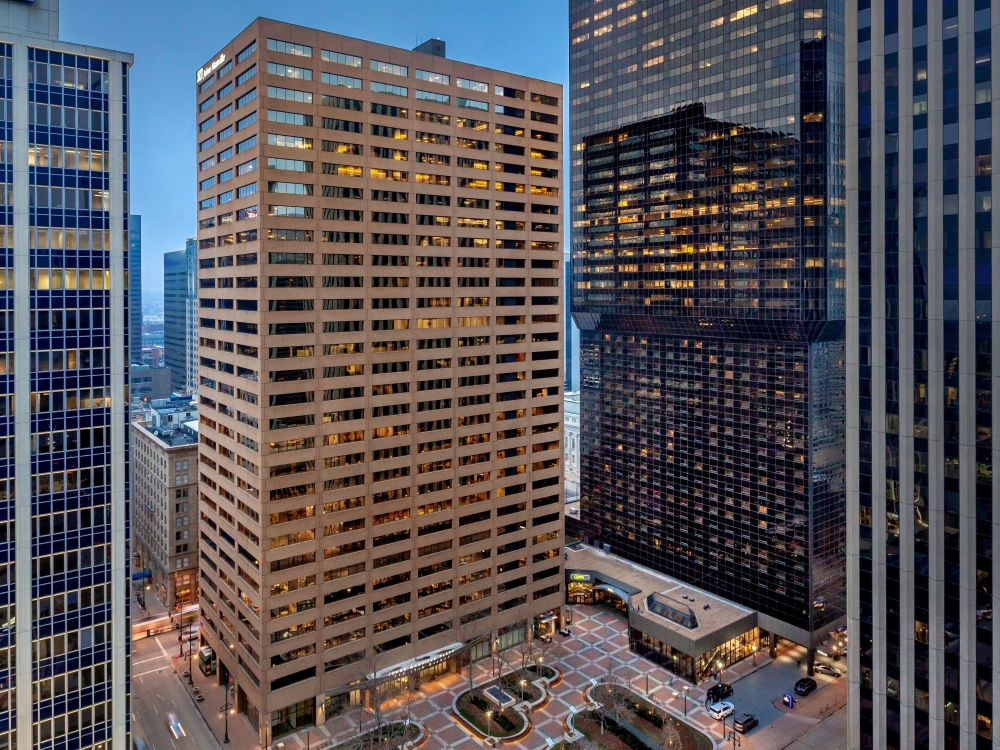
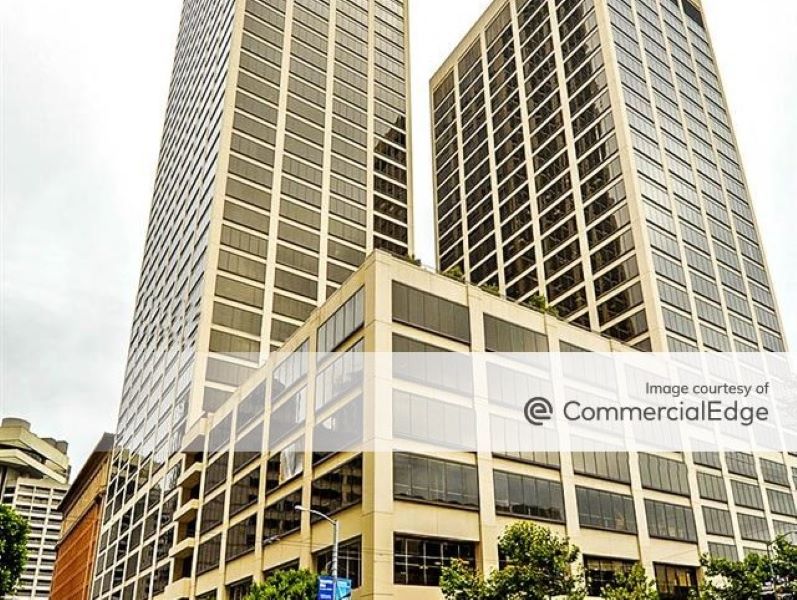
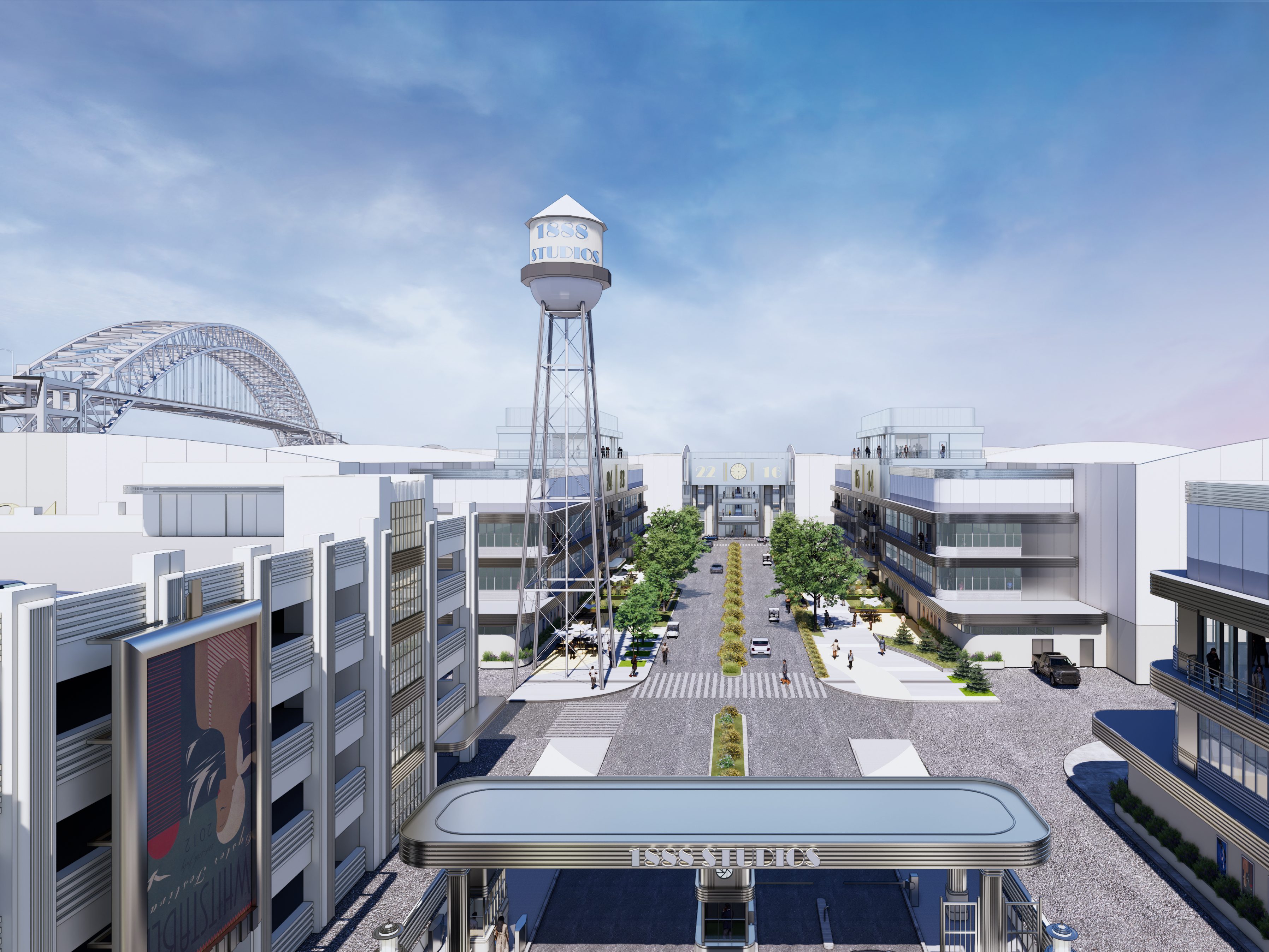
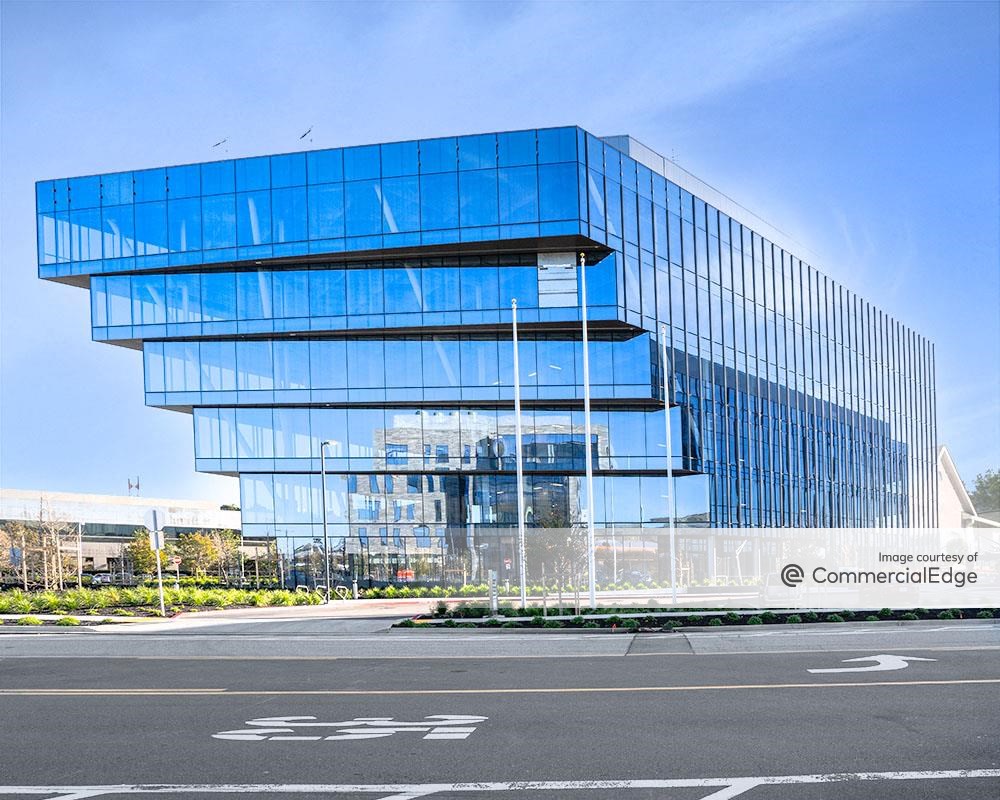

You must be logged in to post a comment.